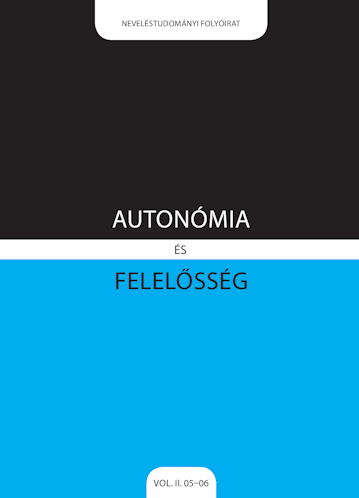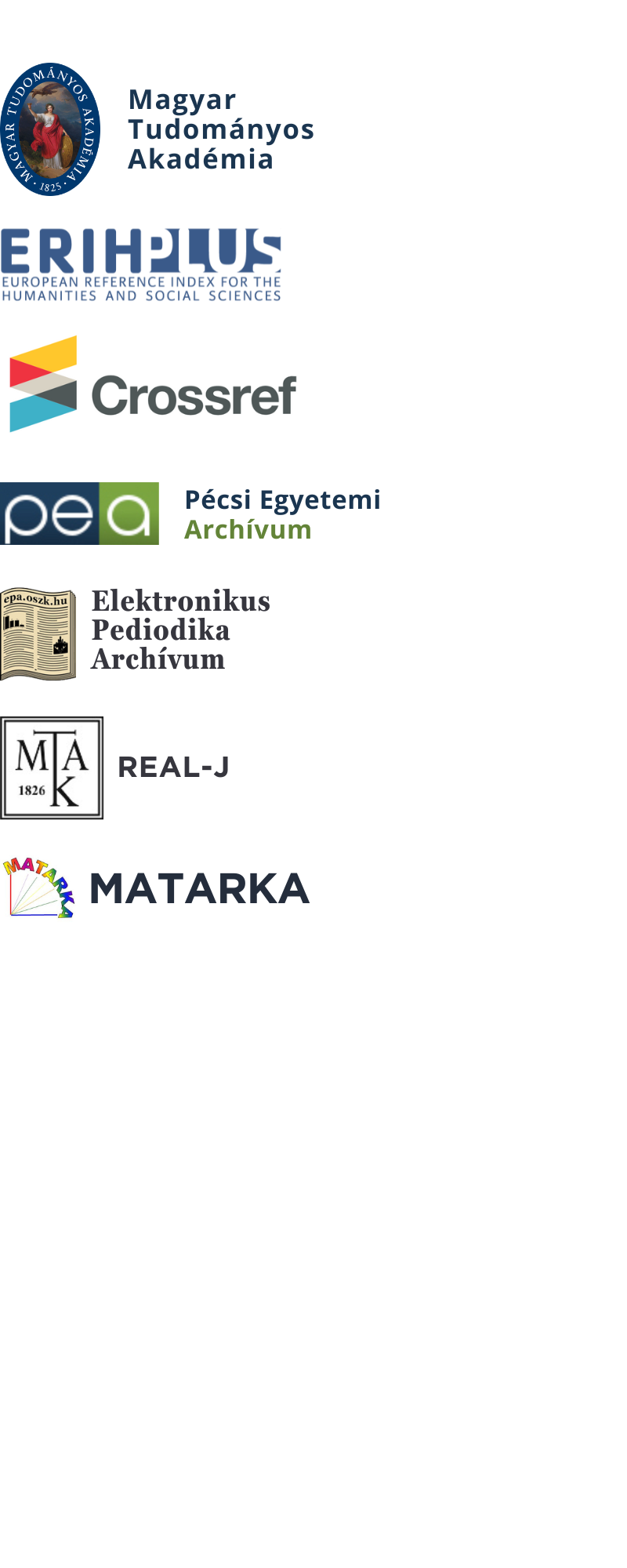How to do things with thoughts. Kid quotes, wisecracks and aphorisms in the light of psychology of learning
DOI:
https://doi.org/10.15170/AR.2016.2.2-3.1.Keywords:
kid quotes, wisecracks, aphorism, language, conceptual development, metakognitionAbstract
Slips of tongue, beyond their capacity to present us with cheery moments, authentically reflect on our mental efforts. From a linguistic point of view kid quotes as well as wisecracks fall into the category of tongue slips and even most aphorisms can be considered as pseudo tongue slips or tongues slip parodies.
Kid quotes refl ect on young children’s linguistic and reasoning diffi culties and at the same time they reveal young children’s linguistic creativity. They also unfold the prelogical and egocentric tendencies in young children’s thinking as well as their efforts on world view construction.
In contrast to the spontaneous nature of kid quotes, wisecracks are always induced tongue slips: they occur when student are supposed to give an account of their knowledge. The situation full of anxiety might induce a temporary disorder in cognitive processing. This relates wisecracks to other micro amnestic phenomena. The common feature among them is the lack
of error detection.
Aphorisms are intentionally generated sayings that use and abuse the sources of error that kid quotes and wisecracks emerge from. The language and thought routes of cognition couple successfully in aphorisms. Aphorisms represent a sort of human cognitive peak performance which contributes to the improvement of our cognitive competence as well as our wisdom.
Kid quotes, wisecracks and aphorisms represent a kind of cognitive developmental continuity. Their co-investigation provides us with unique insights on cognitive processing and contributes to the increase of our metaknowledge.
Downloads
Downloads
Published
How to Cite
Issue
Section
License

This work is licensed under a Creative Commons Attribution-NonCommercial-NoDerivatives 4.0 International License.



